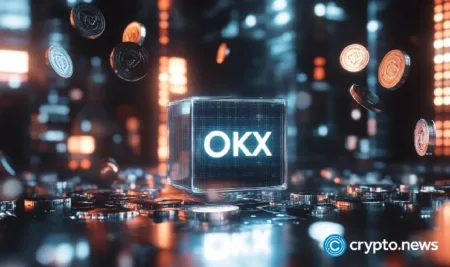Pump.Fun, a Solana-based memecoin platform, recently faced a significant revenue drop of 33% after deciding to shut down its controversial live-streaming features. The decision came after a user staged a fake suicide during a live broadcast in an attempt to promote their memecoin. This marketing move backfired, leading to a drastic decrease in Pump.Fun’s daily revenue from $5 million to $3.6 million, as reported by DeFiLima data.
Initially, Pump.Fun’s live streams were filled with viral stunts and extravagant celebrations, such as a middle-schooler showing off $30,000 from a controversial rug pull. However, the fake suicide incident caused a wave of criticism, prompting Pump.Fun to close down its live-streaming service. Many users are now questioning the platform’s ethical boundaries, raising concerns about the platform’s unchecked chaos catching up with it. Competitors on rival platforms like Base see an opportunity to attract disillusioned Pump.Fun users.
Despite generating $230 million in revenue since its inception, Pump.Fun’s recent controversies have highlighted the risks and dangers of the unregulated memecoin market. The market often lacks protections against illicit practices and harmful content, making investors vulnerable to potential scams. While Pump.Fun’s live-streaming features initially brought attention to the platform through viral moments, they also exposed significant vulnerabilities that have come back to haunt the platform with the recent incident.
The fallout from Pump.Fun’s controversial live streams serves as a cautionary tale for other memecoin platforms operating in the volatile cryptocurrency market. The incident has raised questions about the industry’s lack of regulations and oversight, leading to concerns about investor protection and the prevalence of harmful content. Pump.Fun’s decline in revenue following the fake suicide incident underscores the importance of ethical practices and responsible marketing strategies in the memecoin ecosystem to avoid damaging consequences.
As the memecoin market continues to evolve and attract new investors, platforms like Pump.Fun must adapt to changing regulations and consumer expectations to maintain credibility and trust. The recent backlash against Pump.Fun highlights the potential consequences of crossing ethical boundaries in marketing and promotion, underscoring the need for transparency and accountability in the cryptocurrency industry. Moving forward, all memecoin platforms must prioritize investor protection and compliance with regulations to ensure the long-term success and sustainability of the market.
In conclusion, Pump.Fun’s revenue drop and subsequent backlash following the fake suicide incident serve as a wake-up call for the memecoin industry to prioritize ethics, transparency, and responsible marketing practices. The incident sheds light on the risks and vulnerabilities of the unregulated memecoin market, emphasizing the importance of investor protection and regulatory compliance. As competitors like Base look to capitalize on Pump.Fun’s missteps, the industry must work towards creating a safer and more trustworthy environment for investors to participate in the memecoin market with confidence.



















